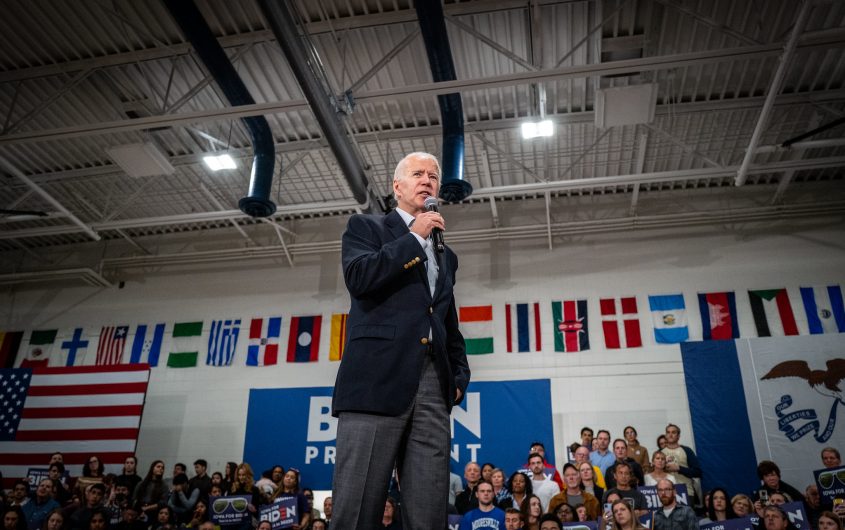AGI News
What Happens to America’s Transatlantic Relations after the U.S. Elections?

Phil Roeder via Flickr

Peter S. Rashish
Vice President; Director, Geoeconomics Program
Peter S. Rashish, who counts over 30 years of experience counseling corporations, think tanks, foundations, and international organizations on transatlantic trade and economic strategy, is Vice President and Director of the Geoeconomics Program at AICGS. He also writes The Wider Atlantic blog.
Mr. Rashish has served as Vice President for Europe and Eurasia at the U.S. Chamber of Commerce, where he spearheaded the Chamber’s advocacy ahead of the launch of the Transatlantic Trade and Investment Partnership. Previously, Mr. Rashish was a Senior Advisor for Europe at McLarty Associates, Executive Vice President of the European Institute, and a staff member and consultant at the International Energy Agency, the World Bank, UNCTAD, the Atlantic Council, the Bertelsmann Foundation, and the German Marshall Fund.
Mr. Rashish has testified before the House Financial Services Subcommittee on International Monetary Policy and Trade and the House Foreign Affairs Subcommittee on Europe and Eurasia and has advised three U.S. presidential campaigns. He has been a featured speaker at the Munich Security Conference, the Aspen Ideas Festival, and the Salzburg Global Seminar and is a member of the Board of Directors of the Jean Monnet Institute in Paris and a Senior Advisor to the European Policy Centre in Brussels. His commentaries have been published in The New York Times, the Financial Times, The Wall Street Journal, Foreign Policy, and The National Interest, and he has appeared on PBS, CNBC, CNN, NPR, and the BBC.
He earned a BA from Harvard College and an MPhil in international relations from Oxford University. He speaks French, German, Italian, and Spanish.
Until the election of Donald Trump in 2016 transatlantic relations were undergoing a steady shift in focus. As the European Union grew from an embryonic six-nation grouping in 1957 into today’s economic superpower of twenty-seven member states the United States and the EU increasingly focused not only on managing their bilateral agenda but also on promoting their common global interests. In other words, the transatlantic relationship became less about itself and more about the world.
This evolution slowed to a halt with the advent of the Trump administration. The president’s campaign was built on grievances about the U.S. global role, portraying the country as a victim of the liberal international order that it had constructed after World War II. Europe had become the principal U.S. partner in defending this rules-based order and the multilateral organizations that constitute it—NATO, the United Nations, the World Trade Organization, and the International Monetary Fund. The Trump administration’s ideology of “America First” devoted to the maximization of the U.S. freedom to act means the relationship with the EU based on common support for the liberal order is suspect.
This article originally appeared in The National Interest on October 30, 2020.









